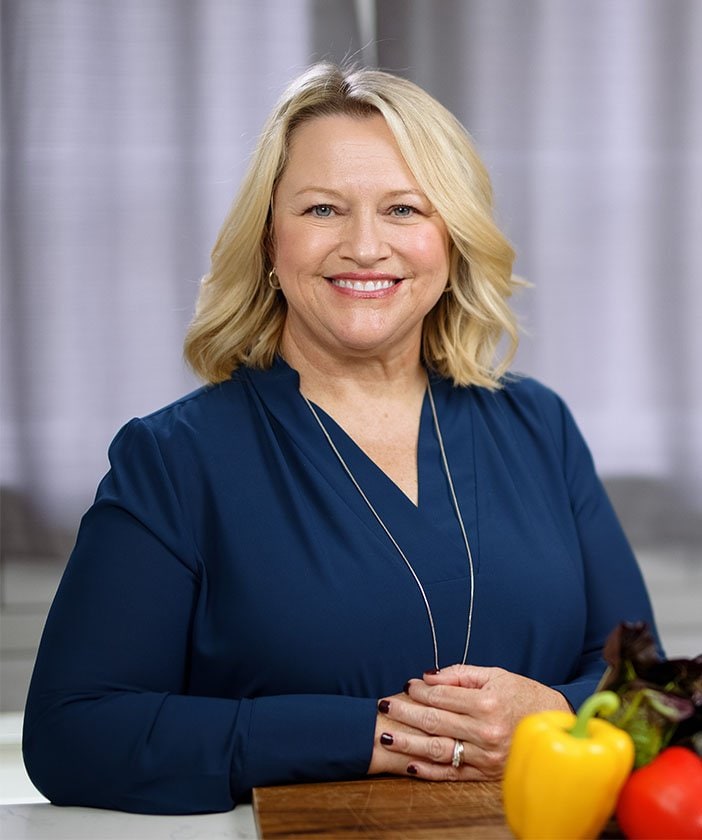Tips for Thanksgiving Provided by Holzer Dietitian

Lorie Siders, MS, RD, LD, Clinical Dietitian
Thanksgiving will look much different for most of us this year. Due to increases in COVID-19 cases, the Centers for Disease Control and Prevention (CDC) is recommending that we all stay home and enjoy Thanksgiving with the people that live in our household, which is much different than what many are used to. Holzer Health System Clinical Dietitian, Lorie Siders, MS, RD, LD, offers tips to help you plan for a smaller Thanksgiving.
- Keep your table beautiful. Since it will be a more intimate dinner, this is the time that you can use the good dishes and cutlery instead of disposable items. Decorate with fragrant candles and rosemary.
- Buy a smaller turkey, turkey breast, or possibly a chicken to roast. This will take less time to prepare, leaving more time to spend on side dishes or with family.
- Prepare fewer side dishes, and instead, choose your favorite dishes to make. This might be the year that you have time to make that favorite dish that may require more preparation.
- Many restaurants will offer takeout options. If a local restaurant has your favorite dessert, order it for a special holiday treat.
- Simplify the menu. With less people, you will not need as much. Choose your favorites and make those.
- And most importantly, we all will be missing family members. Pick up the phone or video chat with those important people in your life.
To keep your mind and body healthy, try to make your plate of delicious Thanksgiving foods a little bit more colorful this year. According to the CDC, foods such as leafy greens that may be a part of your traditional meal may be added to your favorite leftover stew or snack. These foods, such as collard greens, broccoli, and onions, contain vitamins, fibers, and minerals. “Eating and enjoying a well-balanced meal will keep your mind and ease and nourish your body in the process,” shared Siders.
The CDC notes that dietary supplements can help your body, but most of the vitamins in your dietary supplements can be acquired through the foods you eat. Vitamin C is in many fruits and vegetables. Vitamin D is in many low-fat and fortified milk alternatives and seafood. Zinc is in lean meat, seafood, nuts, and seeds. If you are considering taking a dietary supplement, be sure to speak with your health care provider before adding them to your diet.
As you continue to plan your menu, the U.S. Food and Drug Administration suggests being aware of nutrition labels. Food labels can help you quickly and easily learn just what you are consuming and make it easier to plan for meals that are healthy and balanced.
For any questions about your diet, we encourage you to speak with your primary care provider or a clinical dietitian. Holzer Health System offers Register Dietitians at our locations in Athens, Gallipolis, and Jackson, Ohio. Dietitians are able schedule appointments upon physician referral to discuss weight management, diabetes, and more. For more information or to speak with a registered dietitian at Holzer, call 1-855-4-HOLZER.